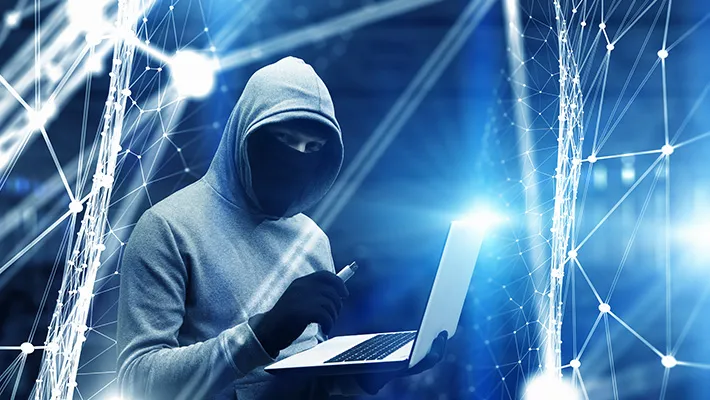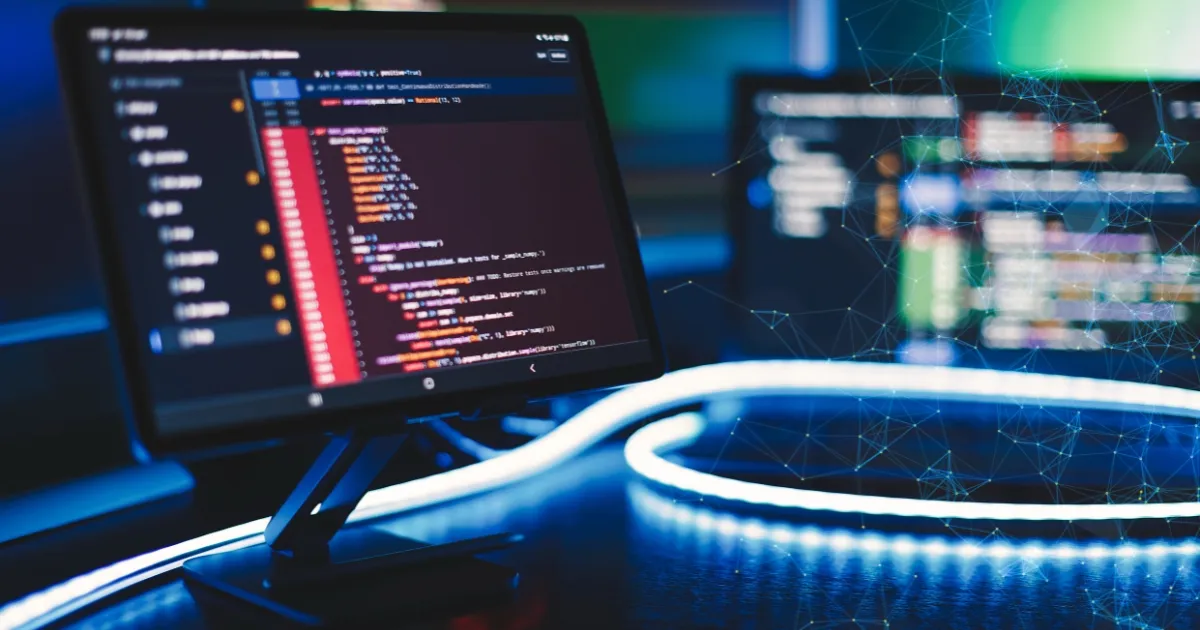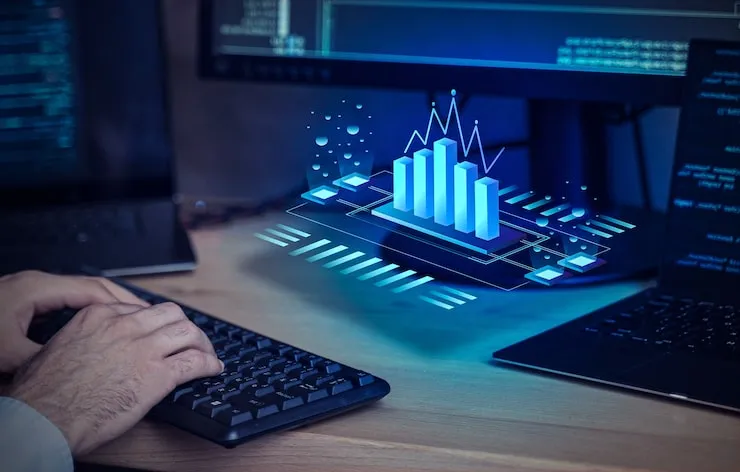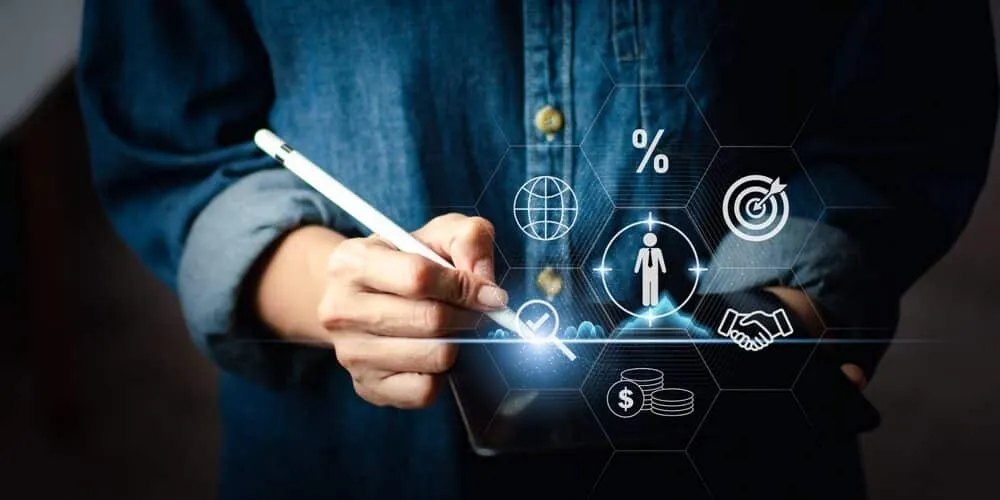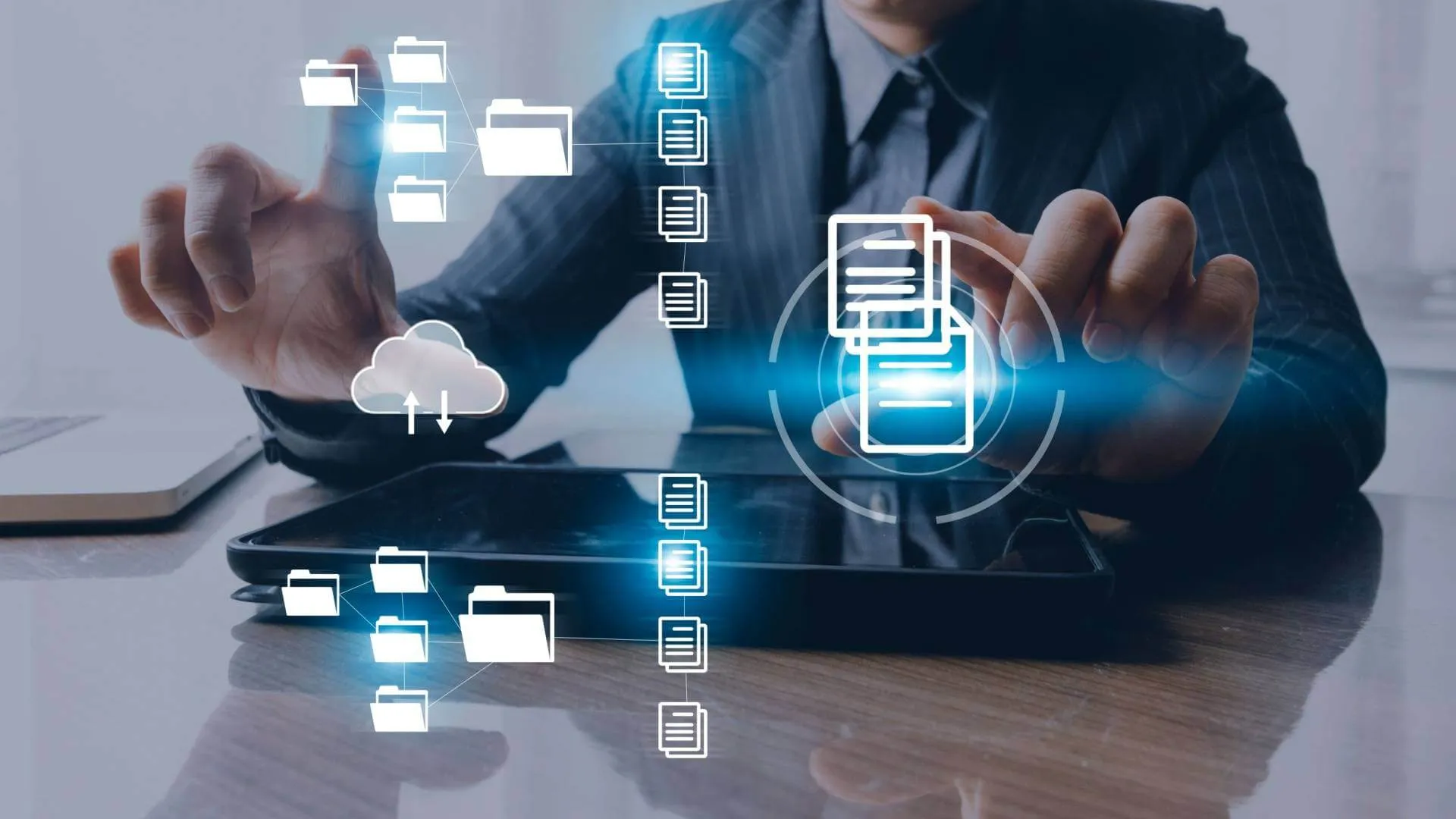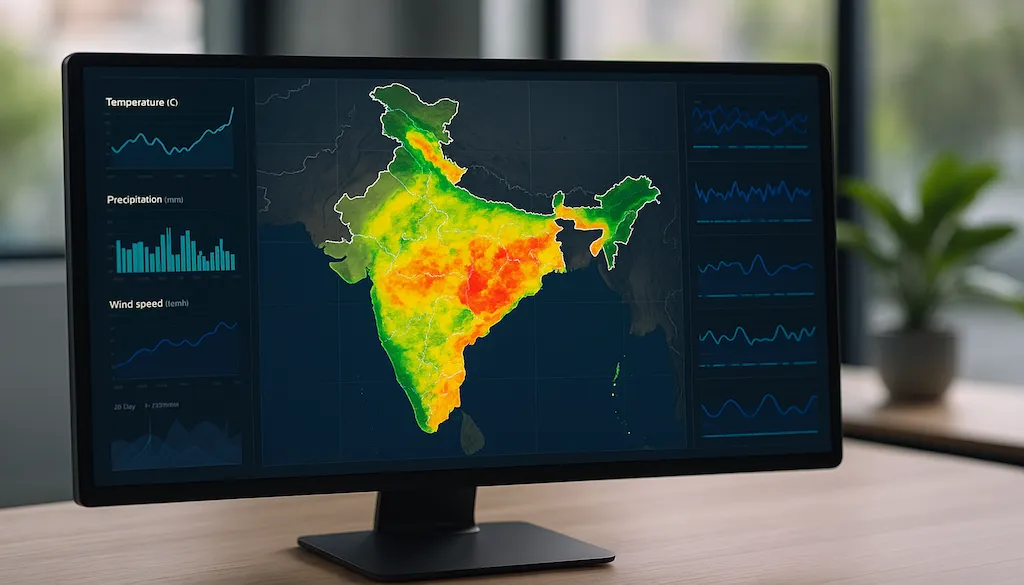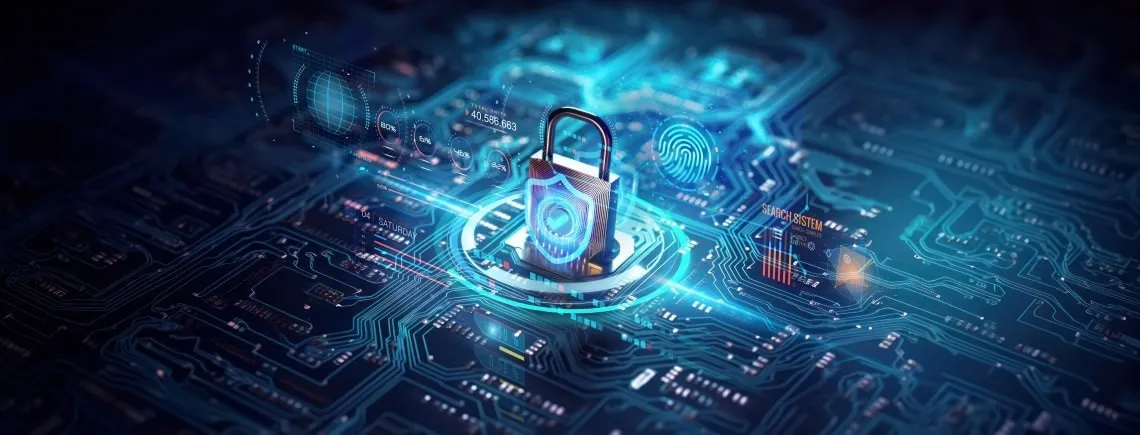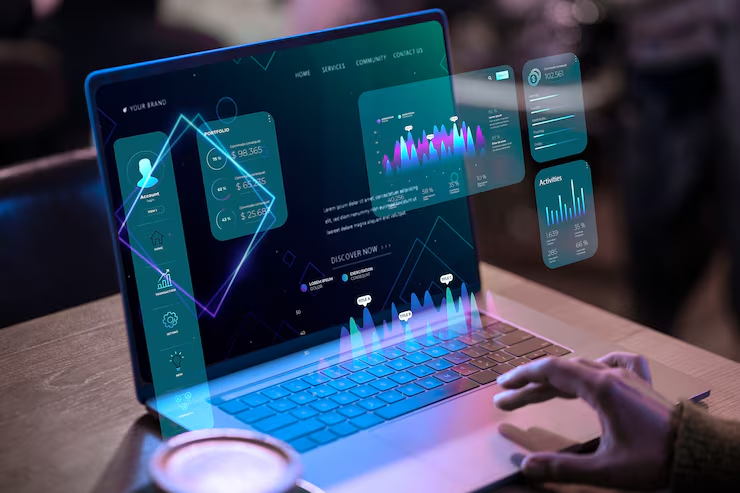Are you worried about your online safety? You should be! I learned this the hard way when my email got hacked last year. I still remember the panic I felt seeing strange emails sent from my account. That scary experience taught me a lot about staying safe online.
Today, I want to share what I've learned to help keep you and your information safe from cyber bad guys. The internet can be a dangerous place, but with the right steps, you can protect yourself from most attacks.
How To Protect Yourself From Cyber Attacks in Today's Digital World
The internet is like a busy city. There are wonderful places to visit, but also dark alleys where trouble lurks. Just like you lock your doors at night, you need to secure your online life too.
Cyber attacks happen when bad people try to steal your information, break into your accounts, or trick you into giving away important details. These attacks are getting more clever every day, making it super important to know how to stay safe.
Why Cyber Safety Matters to Everyone
You might think, "Why would hackers target me? I'm not rich or famous!" But here's the truth – hackers often go after regular people because they're easier targets than big companies with security teams.
I once thought the same way until my neighbor, a retired teacher, had her identity stolen. The thieves opened credit cards in her name and spent thousands of dollars! It took her nearly a year to fix everything.
10 Ways to Prevent Cyber Attacks in Your Daily Life
Let's get into the practical stuff. Here are ten simple but powerful ways to keep yourself safe online.
1. Use Super Strong Passwords
Weak passwords are like leaving your front door wide open. I used to use the same simple password everywhere until my gaming account got hacked. Now I know better!
Strong passwords should:
- Be at least 12 characters long
- Mix uppercase and lowercase letters
- Include numbers and symbols
- Not contain obvious information (like your birthday)
I create a unique password for each important account. Sound hard to remember? That's why I use a password manager to keep track of them all!
2. Turn On Two-Factor Authentication (2FA)
Two-factor authentication is like having a second lock on your door. Even if someone figures out your password, they still can't get in without the second key.
When I set up 2FA on my bank account, I felt immediately safer. Now, whenever I log in, I need both my password AND a special code sent to my phone. It takes a few extra seconds but gives me peace of mind knowing my money is safer.
3. Keep Your Software Updated
Those annoying update notifications? They're actually super important! Many updates fix security holes that hackers know about.
Last month, my cousin ignored update reminders on her phone for weeks. Soon after, she downloaded an app that installed malware. The security update she skipped would have protected her! Now she updates everything right away.
4. Be Smart About Email and Messages
Email scams and phishing attacks are still one of the most common ways people get hacked. Bad guys send fake emails that look real to trick you into giving away your information.
I almost fell for a Netflix email saying my account would be canceled if I didn't "verify" my payment details. Luckily, I noticed the weird email address and slightly off logo before clicking anything. Always double-check before clicking links or downloading attachments!
5. Secure Your Home Network
Your home WiFi network can be a gateway for hackers if it's not secured properly.
When I moved into my new apartment, the first thing I did was change the default router password and name. I also made sure to use WPA3 encryption (the strongest kind) and hid my network name from public view. It's like putting a security system on your digital home!
How to Protect Yourself from Cyber Attacks as a Student
Students have special cybersecurity needs since you're often using shared networks and devices.
Campus Network Safety Tips
College and school networks can be risky because so many people use them. Here's what worked for me during my student days:
- I never did banking or shopping on public school WiFi
- I used a VPN (Virtual Private Network) when using campus internet
- I was extra careful about what I downloaded on school computers
- I kept personal information off shared computers
My friend Jenny wasn't so careful and had her social media accounts hacked through a campus computer. The hacker sent scam messages to all her friends!
Protecting Your Academic Work
Nothing is worse than losing an important assignment to a computer crash or virus! I protect my schoolwork by:
- Saving everything to the cloud (like Google Drive)
- Keeping backup copies on an external drive
- Using antivirus software on my laptop
- Never opening email attachments from unknown senders
These habits saved me when my computer caught a virus right before finals week. While other students lost work, all my papers and projects were safely backed up!
What Are 5 Ways to Prevent Cyber Attacks? Experts Weigh In
I talked to some IT security professionals to get their top recommendations. Here's what they said:
1. Use a Password Manager
Jake, a cybersecurity specialist I interviewed, told me that using a password manager is the single best thing most people can do to improve their security. These tools generate and store super-strong passwords so you don't have to remember them all.
"Most people use the same password everywhere because it's convenient," Jake explained. "But that means if one account gets hacked, they all do. A password manager solves this problem."
2. Learn to Spot Phishing Attempts
Recognizing fake emails and messages is a crucial skill. Sarah, an internet safety trainer, teaches people to look for these warning signs:
- Urgent requests for personal information
- Spelling and grammar mistakes
- Slightly incorrect email addresses (like amazon-support.com instead of amazon.com)
- Generic greetings ("Dear Customer" instead of your name)
"Trust your gut," Sarah advised me. "If something feels off about a message, it probably is."
3. Install Reputable Security Software
Good security software acts like a bodyguard for your devices. Mike, an IT manager, recommends having both:
- Antivirus protection (scans for harmful programs)
- Anti-malware protection (catches newer threats)
"Don't just download any free antivirus program," Mike warned. "Some are actually fake and install viruses themselves! Stick with known, trusted brands."
4. Backup Your Important Data
Regular backups saved my cousin's wedding photos when her computer was hit by ransomware. The hackers locked all her files and demanded money, but she just restored everything from her backup instead of paying them!
Expert recommendation: Follow the 3-2-1 backup rule:
- 3 copies of important data
- 2 different storage types
- 1 copy kept offsite (like cloud storage)
5. Practice Safe Social Media Habits
Many people don't realize how much personal information they share online. Lisa, a privacy advocate, suggests:
- Check your privacy settings regularly
- Be careful about posting vacation plans or location details
- Don't share identity information (like your birthdate) publicly
- Be picky about friend requests and connections
"Hackers can piece together your personal details from what you post," Lisa explained. "Then they use that information to break into your accounts or steal your identity."
How Cyber Attacks Happen: Understanding the Danger
To fight the enemy, you need to know how they work! Understanding common attack types helps you spot and avoid them.
Common Types of Cyber Attacks
Phishing Attacks
These are fake messages trying to trick you into giving away information or clicking bad links. I got a text last week claiming to be my bank saying my account was locked. The message had a link to "verify my identity." Thankfully, I called my bank directly instead of clicking!
Malware Infections
Malware is bad software that does harmful things to your device. Types include:
- Viruses: Infect your files and spread to others
- Spyware: Secretly watches what you do
- Ransomware: Locks your files until you pay money
My uncle's computer got infected with ransomware after he downloaded what he thought was a free movie. The hackers wanted $500 to unlock his files!
Password Attacks
Hackers try to break into your accounts by:
- Guessing common passwords
- Using details from your social media to guess your password
- Using special programs that try thousands of passwords quickly
This is why using strong, unique passwords is so important!
Cybersecurity for Different Devices: Protecting Everything You Own
Different devices need different protection. Let's look at each one:
Smartphone Security
Our phones hold so much personal information. Here's how I keep mine safe:
- I use the screen lock (fingerprint AND a PIN code)
- I only download apps from official app stores
- I check app permissions before installing (why does a flashlight app need access to my contacts?)
- I regularly delete apps I don't use anymore
After hearing about my friend's phone getting hacked through a sketchy free game app, I'm extra careful about what I download now.
Computer and Laptop Protection
For computers, I recommend:
- Using a firewall (most computers have one built-in)
- Installing security updates promptly
- Being careful about USB drives (they can carry viruses)
- Using limited-permission accounts for daily use
My work laptop got a virus once when I plugged in a USB drive I found in the parking lot. Now I never connect unknown devices to my computer!
Smart Home Device Safety
Smart speakers, cameras, and other connected devices need protection too:
- Change default passwords immediately
- Keep firmware updated
- Use a separate WiFi network for smart home devices if possible
- Review privacy settings and disable unnecessary features
My neighbor's smart doorbell camera got hacked because she never changed the default password. The hackers could see everyone who came to her door!
Easy Cybersecurity Habits Anyone Can Learn
Good security isn't just about technology—it's about habits. Here are some easy ones to start:
Think Before You Click
Take a second to ask yourself:
- Was I expecting this email or message?
- Does the sender's address look legitimate?
- Is this offer too good to be true?
- Why would they need this information from me?
That quick pause has saved me from clicking on many suspicious links!
Regular Security Check-ups
Just like you go to the doctor for check-ups, your digital life needs regular checks too:
- Review account activity for anything suspicious
- Update passwords on important accounts
- Clean out old accounts you don't use
- Check app permissions on your devices
I do this every few months, usually on a Sunday afternoon while watching TV. It's not fun, but it's way better than dealing with being hacked!
What to Do If You Think You've Been Hacked
Even with good protection, bad things can still happen. If you think you've been hacked:
- Change passwords immediately, starting with email and banking
- Contact the affected service (bank, social media platform, etc.)
- Run a full security scan on your devices
- Watch for suspicious activity on other accounts
- Consider placing a fraud alert on your credit report
When my email was hacked, taking these steps quickly prevented the hackers from getting into my other accounts.
Protecting Your Family Online: Safety Tips for Everyone
If you have kids or elderly relatives, they might need extra help staying safe online.
Keeping Kids Safe Online
Children face special online risks. I help protect my nieces and nephews by:
- Using parental controls on their devices
- Having regular conversations about internet safety
- Teaching them never to share personal information
- Keeping computers in common areas of the home
My sister's approach is great—she doesn't just set rules but explains WHY they're important. This helps her kids understand safety rather than just trying to get around restrictions.
Helping Older Adults Stay Secure
Older family members can be targets for scammers. When I helped my grandma set up her first smartphone, I made sure to:
- Set up simple but strong security
- Teach her about common scams
- Put emergency contact info in her phone
- Regularly check in and help with updates
Grandma almost fell for a tech support scam once, but remembered my warning about people claiming her computer had a virus. She hung up and called me instead!
The Future of Cybersecurity: Stay One Step Ahead
Cyber threats keep changing, so our protection needs to change too. Here are some trends to watch:
Emerging Threats and Protections
Artificial intelligence is being used by both hackers and security experts. Bad guys use AI to create more convincing scams, while good guys use it to spot attacks faster. Voice scams are becoming more common too. My colleague got a call that sounded exactly like her boss asking her to buy gift cards for a "client gift." It was actually a scammer using voice cloning technology!
Staying Updated on Security News
I've found these simple ways to keep up with cybersecurity news:
- Following reputable security experts on social media
- Subscribing to a simple security newsletter
- Setting Google alerts for terms like "data breach" + companies I use
You don't need to become a tech expert—just staying basically informed helps a lot!
Conclusion: Your Cybersecurity Journey Starts Now
Staying safe online might seem overwhelming, but remember—you don't have to do everything perfectly! Even small steps make a big difference.
Start with the basics:
- Strong, unique passwords
- Two-factor authentication on important accounts
- Regular software updates
- Careful clicking and downloading
My own journey to better cybersecurity started with these simple steps. After my email hack scare, I made these changes one by one, not all at once. Now they're just habits, like locking my door when I leave home. The digital world can be wonderful when you know how to stay safe in it. I hope these tips help you protect yourself and your loved ones from cyber attacks! What security step will you take today? Even a small one makes you safer than you were yesterday!



